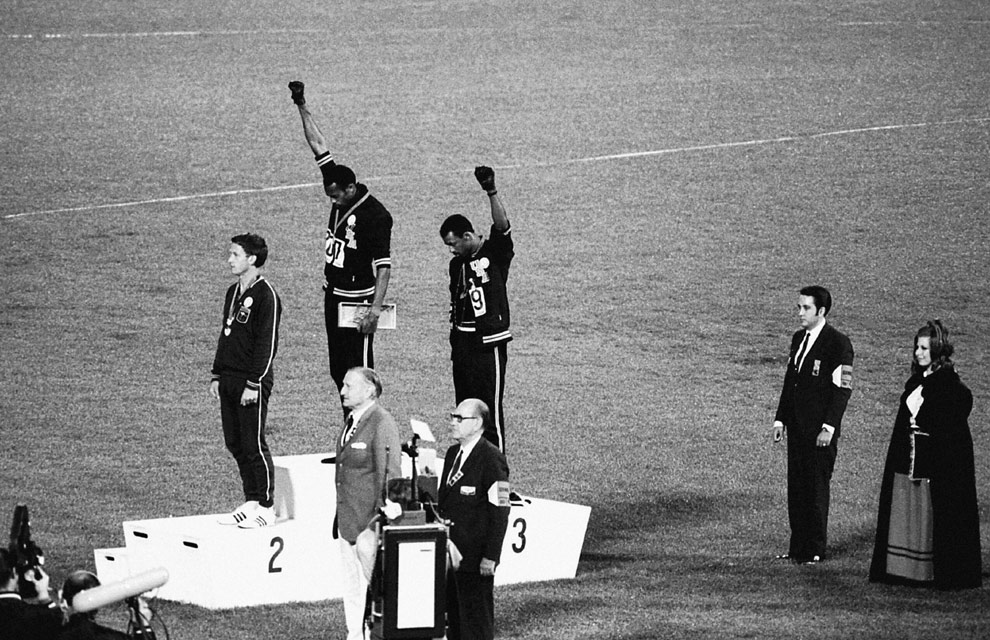[Scroll down for the interactive timeline]
Just before the start of the 2014 Winter Olympics in Sochi, International Olympic Committee President Thomas Bach implored nations at odds with Russia to leave their political differences at the door.
“Sport can only contribute to development and peace if it’s not used as a stage for political dissent or for trying to score points in … political contests,” he said, echoing a rule in the Olympic charter eschewing political demonstrations. “Have the courage to address your disagreements in a peaceful direct political dialogue and not on the backs of the athletes.”
But as might be expected at any major gathering of representatives from widely diverse nations, sometimes at odds with each other, political tensions inevitably creep into the fold. In fact, the Olympics have long been used as an arena for political posturing and a stage to voice dissent.
The 2016 Summer Olympic Games , which kick off Friday in Rio de Janeiro, Brazil, are not likely to be an exception. Already, fears of a Zika outbreak, amid Brazil's social unrest and political upheaval, coupled with a long simmering controversy over disqualified Russian athletes suspected of state-sponsored illegal doping have tainted the proceedings, raising tensions and diverting international focus from the actual events.
